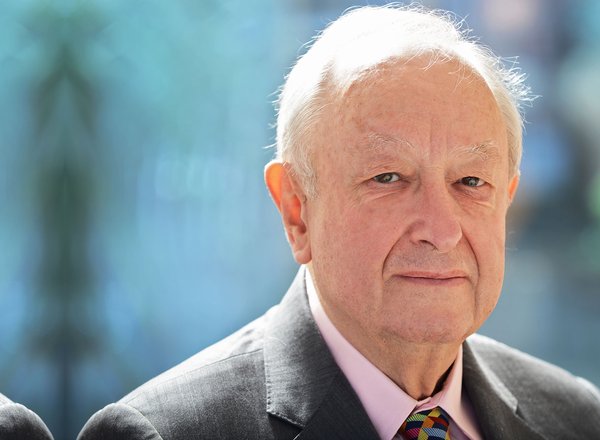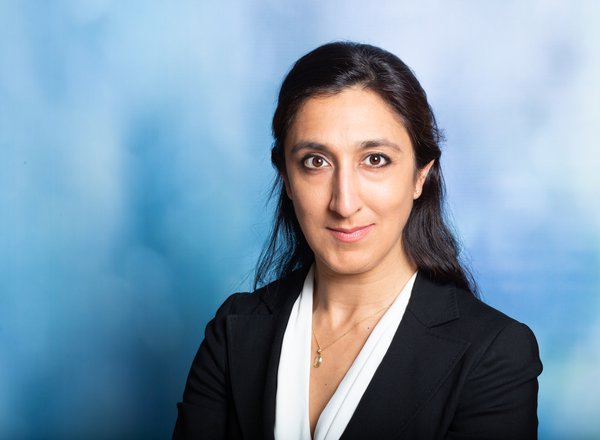Lord Lester of Herne Hill QC and Naina Patel acted for Louisa Hodkin and the Church of Scientology Religious Education College in this challenge to the Registrar General’s refusal to register the chapel at the Church of Scientology, Queen Victoria Street, London as a “place of meeting for religious worship” for the purposes of section 2 of the Places of Worship Registration Act 1855. The registration had been sought to enable the chapel to be registered under section 41 of the Marriage Act 1949, such that Miss Hodkin and her fiancé could hold a legally recognised religious marriage there.
The Claimants argued, inter alia, that the refusal to register the chapel but to register Buddhist and Jain temples was, inter alia, discriminatory and contrary to both provisions of the Equality Act 2010 and the Human Rights Act 1998. Ouseley J, giving the judgment of the High Court, took the view that although Scientology was a religion, he was bound by the earlier Court of Appeal authority of R v Registrar General ex parte Segerdal [1970] 2 QB 697, in spite of the statutory developments, to conclude that the chapel was not a place of meeting for religious worship. However, he granted the Claimants a leapfrog certificate under section 12 of the Administration of Justice Act 1969 permitting them to apply to the Supreme Court for permission to appeal.
The Supreme Court granted the appeal. Lord Toulson (with whom Lord Neuberger, Lord Clarke, Lord Reed and Lord Wilson agreed) held that a religion was “a spiritual or non-secular belief system, held by a group of adherents, which claims to explain mankind’s place in the universe and relationship with the infinite, and to teach its adherents how they are to live their lives in conformity with the spiritual understanding associated with the belief system” and upheld Ouseley J’s finding that Scientology was therefore a religion. Then, overruling Segerdal, he held that “a place of religious worship” was wide enough to include a place where religious services take place, and concluded that the chapel was such a place of worship. The Registrar General was ordered to register the chapel under both section 3 of the Places of Worship Registration Act 1855 and section 41 of the Marriage Act 1949, enabling Louisa and her fiance to marry there as they wished.
+44 (0)207 5831770
Clerks
-
Gary Oliver
Senior Clerk
+44 (0) 207 822 7325

-
Derek Sutton
Deputy Senior Clerk
+44 (0) 207 822 7327

-
Adam Sloane
Deputy Senior Clerk
+44 (0) 207 822 7326

-
Dean Tolman
Clerk
+44 (0) 207 822 7331

-
Billy Brian
Clerk
+44 (0) 207 822 7339

-
Marc Armstrong
Clerk
+44 (0) 207 822 7330

-
Adam Fuschillo
Clerk
+44 (0) 207 822 7329

-
Danny Compton
Clerk
+44 (0) 207 822 7338

-
Sophie Reeve
Clerk
+44 (0) 207 822 7324

-
Rio Sully
Clerk
+44 (0) 207 822 7299




